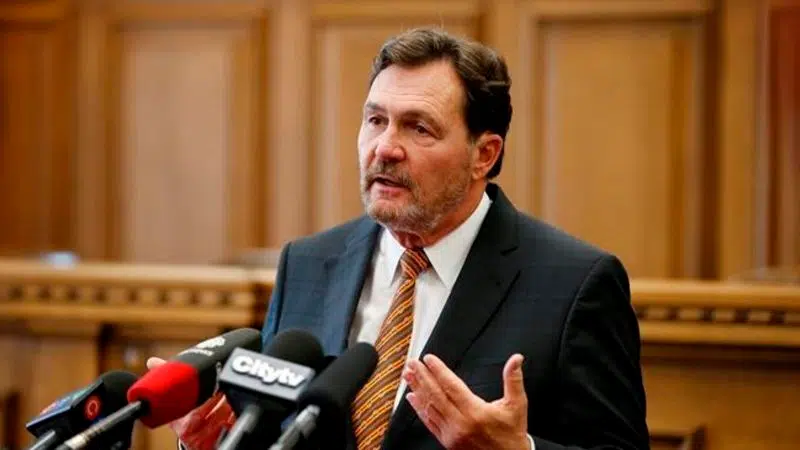
Supreme Court judges hear two cases in Winnipeg, meet with Indigenous leaders
WINNIPEG — The Supreme Court of Canada’s decision to hold hearings outside of Ottawa for the first time in its 144-year history is part of a plan to let Canadians see how the high court works and strengthen trust in the institution, says Chief Justice Richard Wagner.
“It is hard to have faith in something if you don’t understand it. This is why I believe it is so important to see how the justice system works up close and in person,” Wagner said Monday inside a courtroom normally used by the Manitoba Court of Appeal.
“Many reasons why there is biases and prejudice in society is the lack of information, is ignorance. So the more you give information to people, the less prejudice and the less bias they will have.”
The high court’s nine judges are to hear two cases this week, but much of their time will be spent reaching out to people. They are to meet with Indigenous leaders, members of the francophone community, students at nine schools and the general public. One event is to be an open question-and-answer session at the Canadian Museum for Human Rights.
